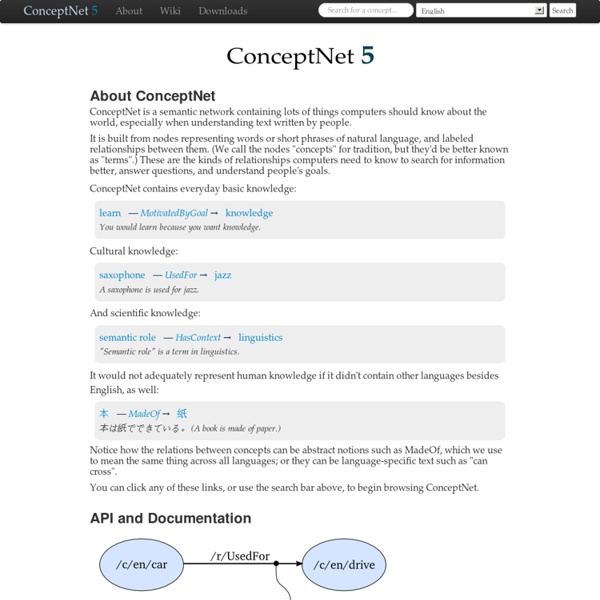



Chance Videos and Audios This page has links to: The talks featured below require the latest version of the Realplayer software. More particularly, they require that the "Realplayer plug-in" be installed in the plug-ins folder of your browser. If you do not have the "Realplayer plug-in," a free version of Realplayer (which includes the plug-in) is available here Note: When you double-click to open the video, the status bar in the Realplayer window will load to 99%.Click on the start button to the start the video. Currently, if you are using a PC the videos should work using the Firefox browser or the Chrome browser but may not work if you are using Internet Explorer. We are still trying to resolve these problems so please let us know if have any problems using our videos. Another problem is that there is a limit to the number of people who can be viewing a Chance Video at the same but there is nothing we can do about that. You can avoid all the problems by downloading the video or videos that you want to view.
Online texts Professor Jim Herod and I have written Multivariable Calculus ,a book which we and a few others have used here at Georgia Tech for two years. We have also proposed that this be the first calculus course in the curriculum here, but that is another story.... Although it is still in print, Calculus,by Gilbert Strang is made available through MIT's OpenCourseWare electronic publishing initiative. Here is one that has also been used here at Georgia Tech. Linear Methods of Applied Mathematics, by Evans Harrell and James Herod. argusdusty/Ferret
Lectures 1 and 2: Analysis of Algorithms I just finished watching the last lecture of MIT's "Introduction to Algorithms" course. Having a great passion for all aspects of computing, I decided to share everything I learned with you, my dear readers! This is the first post in an article series about this course. As I wrote earlier, I am very serious about watching video lectures. There are totally 23 video lectures, each around 1 hour 20 minutes long. Understanding and designing effective algorithms is a very important skill for a top-notch programmer. Let's start with Lecture 1 of this course. Lecture 1: Analysis of Algorithms The first lecture is given by the famous professor Charles E. He starts the lecture by explaining what this course and algorithms will be all about. Designing great software is not just about performance. Here is the list of things more important than performance that Charles presented: He also asks "Why study algorithms and performance at all?". Sometimes performance is correlated with user-friendliness.
An Intro to Crypto Programming using Python This is not an introduction for those who are absolute beginners at programming. Neither is it an introduction for those who are absolute beginners at cryptography. What it is is an introduction to some basic concepts of organizing code, and of applying them to the problem of cracking certain classical ciphers. The basic premise of this tutorial is that writing software for your own use as a part of solving your own problems is a very different thing than writing software for others. When writing software for others, there are necessarily trade-offs ease of use, flexibility, capability, error handling, etc., for which the proper balance is very different than when writing software for your self. There is an old Unix joke that the only necessary error message is "Segmentation fault: core dumped". Creating intuitive user interfaces takes work, robust error handling even more work.